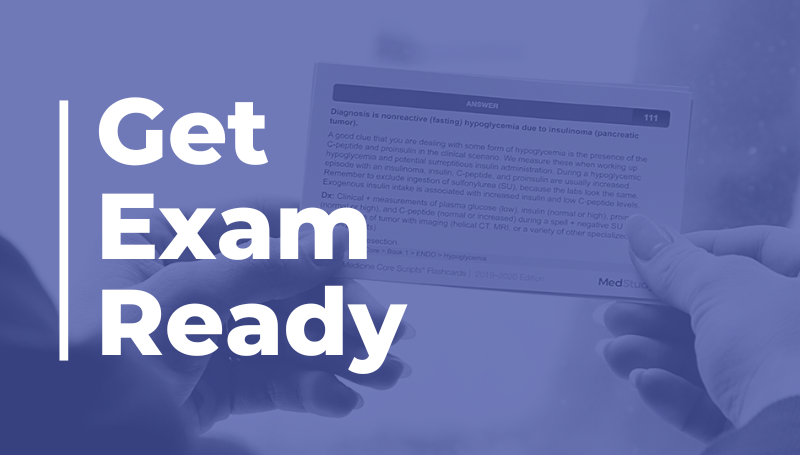
Practice makes perfect, right? Procedural learning, the dressed-up term for learning by repeated practice, is a part of long-term memory that is responsible for the development of skills and habits. You may remember your parents lecturing you that “practice makes perfect” when you were trying to learn how to ride a bike or drive a car. And while your parents did have some validity to their statement, according to new research, repeated practice of an activity may no longer be the most efficient way to learn.
Researchers at Tel Aviv University hypothesized that brief memory reactivations could suffice as a way to improve visual perception and yield a normal learning curve. To test this hypothesis of perceptual learning, 70 participants performed a computer-based visual discrimination task in which visual stimuli would flash on the screen for several milliseconds, and participants had to learn to discriminate between features within a stimulus. The results provided support to the ingoing hypothesis: with short exposures to a stimulus, participants demonstrated the completion of an entire learning curve.
Over the next few days, subjects were asked to return, and the memory of the initial visual task was reactivated by briefly flashing the stimulus on a screen five times. These additional tests further reinforced the researchers’ hypothesis that brief stimulations of a memory are effective in activating and improving the memory network encoded in our brains.
Dr. Censor and his team uncovered something that challenges a longstanding and widely accepted way of learning. As a result, the development of techniques based on this new idea of perceptual learning could aid in more efficient learning.


